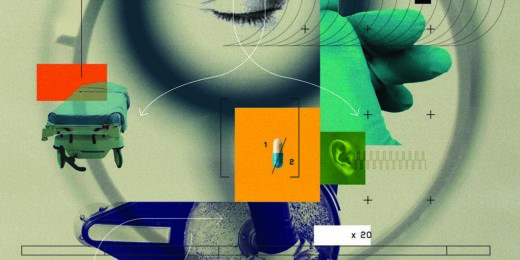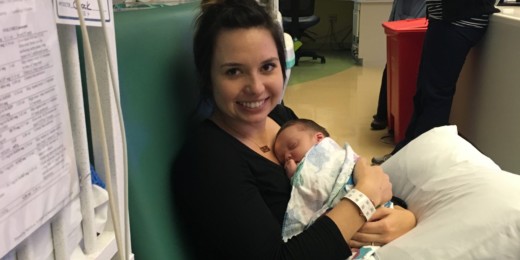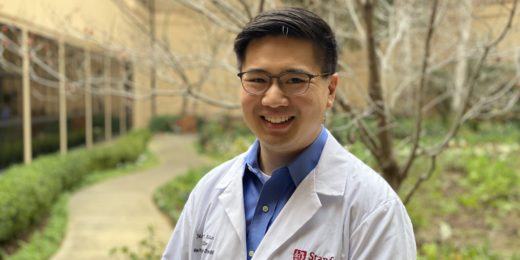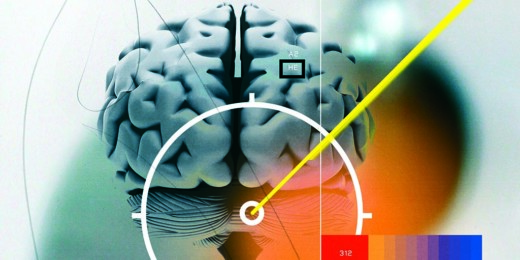Stanford researchers investigate how to design better buildings that can improve their occupants’ health and productivity.
Month: January 2020
Eponym debate: The case for biologically-descriptive names
Should diseases be named after people? This conclusion of a two-part series looks at the arguments for using biologically-descriptive names, not eponyms.
More prep before surgery, less pain after
Stanford physicians have developed ways to better prepare patients physically and mentally for surgery, helping them to feel less pain during recovery.
A difficult conversation: When your patient has an addiction
Mr. X’s fingers were dying, and several were already dead, casualties of a vascular disease. It would help if the patient quit smoking. He politely refused.
Eponym debate: The case for naming diseases after people
Should diseases be named after people? This first of a two-part series includes arguments to continue using medical eponyms.
School shootings harm students’ mental health, a podcast
This 1:2:1 podcast features Stanford researcher Maya Rossin-Slater, who found that school shootings harm the mental health of young people in the community.
Art in the new Stanford Hospital designed with patients, families and staff in mind
The latest issue of Stanford Medicine magazine celebrates the new Stanford Hospital, which includes more than 400 works of art.
Boy beats the odds to survive rare fetal urinary condition
After his ultrasound showed a rare and dangerous blockage in his urethra called LUTO, Kaleb Perry is now thriving, thanks to a team of Stanford physicians.
The hematology/oncology fellow whose son was pants for Halloween
In the Spotlight: Stanford fellow Jeffrey Bien reflects on his 15 minutes of Internet fame and his work as a cancer specialist in training.
Study sheds light on the genetics of hibernation
Researchers zeroed in on the genes driving ground squirrel hibernation — and their insights could be helpful for understanding human health.
Mars-bound astronauts likely to develop brittle bones, new study suggests
About half of astronauts could develop osteoporosis during a mission to Mars, a new study led by Stanford scientists has found.
Asked and answered: Interviewing for a medical residency
The dizzying process of residency interviews prompted Stanford medical student Yoo Jung Kim to think about what it means to share your personal story.
Parents can help build mental wellness in kids and teens at risk for bipolar
Involving parents in therapy boosts mental wellness among children and teens at risk for bipolar disorder, a Stanford-led study has found.
Brain surgery advances — precision targeting
Lasers, heat maps, fluorescence and real-time imaging help guide surgeons who are developing new ways to enhance precision brain surgery.
When lab tests are misleading: A mystery in antibiotic resistance
Most children with antibiotic-resistant urinary tract infections get better on less powerful antibiotics than lab tests say they need, says Stanford study.
Up next, the human “screenome” project
Stanford experts have developed a new way to get a granular view of people's onscreen lives, enabling them to ask questions linking online life and health.

















